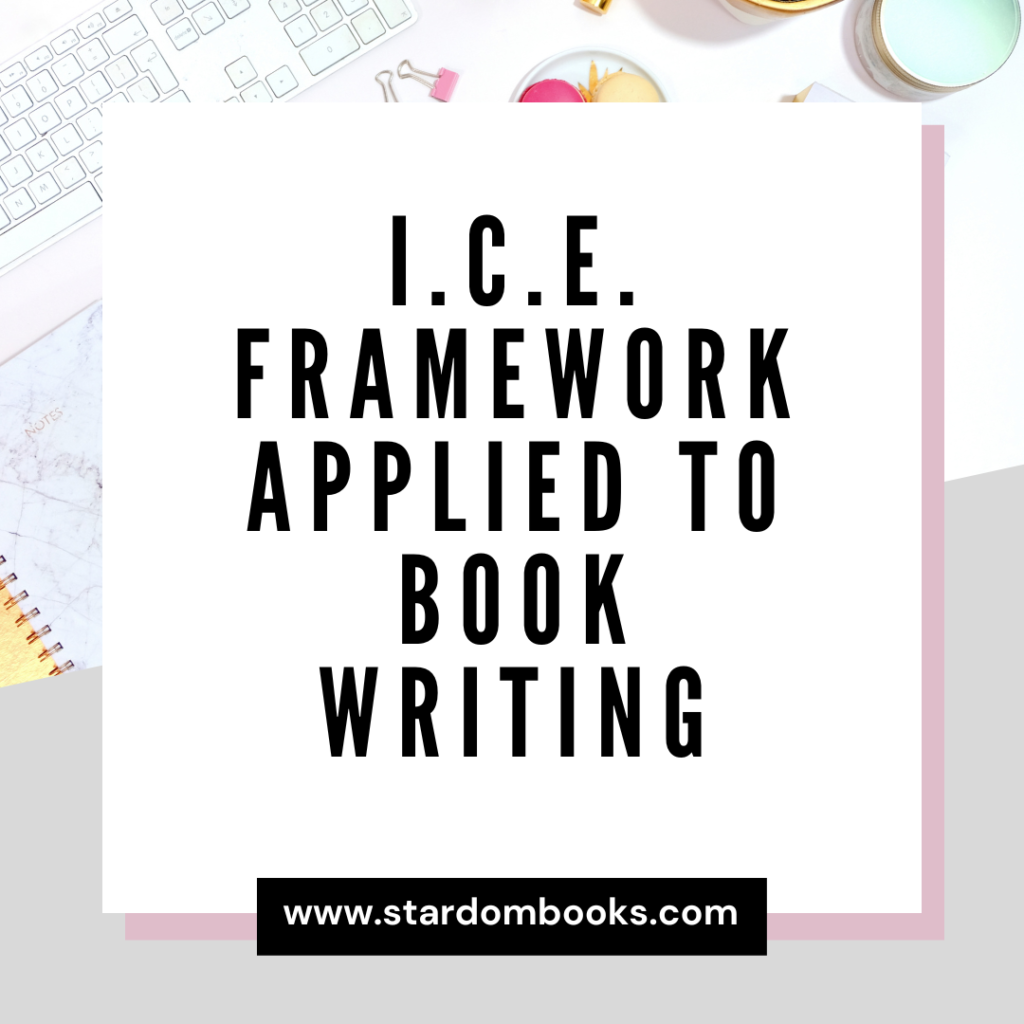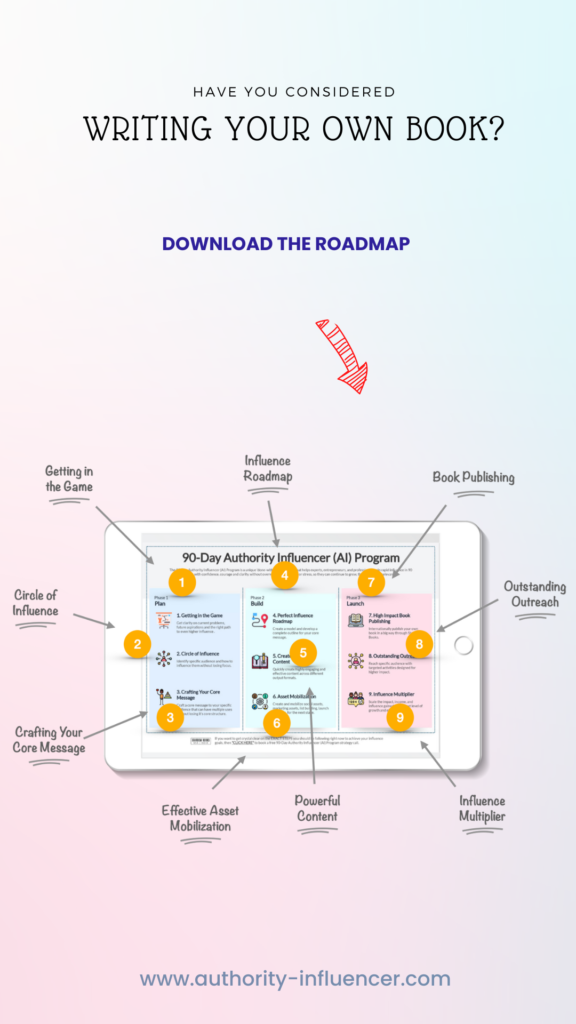A Guide to Choosing the Right Book Type for Your Situations
As the Chief Editor and Publisher at Stardom Books, one of the most commonly asked questions I get asked is, “Raam, what TYPE of book should I publish?“
Most people think about their “personal journey” when they imagine their own book.
Well… the type of book you should write can be directly linked to the results or benefits you desire, coupled with addressing specific problems, issues, concerns or challenges you may be having in your life or work.
Here are 12 “types” of books you can think of, based this principle. I teach this to the world’s top 1% leaders.

Now, let’s look at each type, with examples |Choose the right book type now !
1. “Value” Book
Desired Result/Benefit: More Leads, More Sales
Problem/Issue/Concern Addressed: Lead Generation
Considering expanding your business outreach? A “Value” book showcases the unique offerings of your business or brand, attracting potential clients and amplifying sales. Perfect for entrepreneurs wanting to establish a robust lead generation channel.
Example: “Crush It!: Why NOW Is the Time to Cash In on Your Passion” by Gary Vaynerchuck
Gary’s book provides valuable insights into personal branding and turning passions into profitable careers.
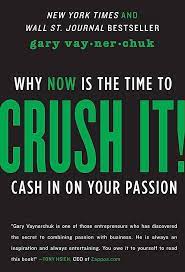
2. Niche Book on Your “Specialty”
Desired Result/Benefit: Clear Value Distinction
Problem/Issue/Concern Addressed: Common-ness!?
In a saturated market, it’s crucial to distinguish oneself. Dive deep into your niche, offering insights that no one else does. This book will establish your unparalleled expertise.
Example: “The Lean Startup: How Today’s Entrepreneurs Use Continuous Innovation to Create Radically Successful Businesses” by Eric Ries
Ries hones in on a specialized methodology for startups, distinguishing this approach from traditional business strategies
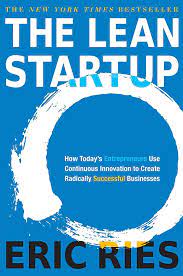
3. “Best Practices” Book
Desired Result/Benefit: Thought Leadership
Problem/Issue/Concern Addressed: Competition
Become a guiding star in your industry. A “Best Practices” book can set industry standards and position you as a thought leader, ahead of competitors.
Example: “Good to Great: Why Some Companies Make the Leap… and Others Don’t” by Jim Collins
Collins meticulously analyzed various companies and identified best practices that make companies outstanding.
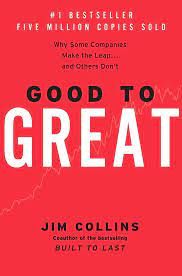
4. Book of Proofs, Case-Studies
Desired Result/Benefit: Credibility & Reputation
Problem/Issue/Concern Addressed: Attention & Trust
Build trust and win attention by showcasing real-life examples, success stories, or case studies that prove your methods and approaches.
Example: “Made to Stick: Why Some Ideas Survive and Others Die” by Chip Heath & Dan Heath.
This book provides a myriad of examples and case studies on what makes ideas memorable.
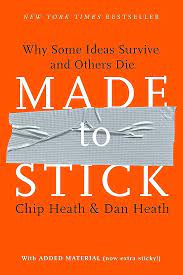
5. “How-To” Book
Desired Result/Benefit: Media Magnet
Problem/Issue/Concern Addressed: Name & Fame (want of)
Being an expert in “how-to” can gain you media spots as a reliable go-to person for your industry. It’s a great way to garner attention and establish yourself.
Example: “How to Win Friends and Influence People” by Dale Carnegie
Carnegie’s timeless book provides actionable advice on improving personal and professional relationships.

6. “FAQ”-type Giveaway Book
Desired Result/Benefit: Market Share
Problem/Issue/Concern Addressed: Marketing, Sales, Revenue
A giveaway that answers frequently asked questions can be a goldmine, helping in efficient marketing and boosting sales and revenue.
Example: “The $100 Startup: Reinvent the Way You Make a Living, Do What You Love, and Create a New Future” by Chris Guillebeau
Chris offers insights from numerous case studies and FAQs for budding entrepreneurs.
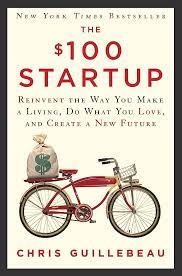
7. The “Solutions” Book
Desired Result/Benefit: Low Cost Adv. & Credibility
Problem/Issue/Concern Addressed: High Advertising Costs
Tired of high ad costs? Why not let your book be the advertisement? Offer solutions to common problems in your field, establishing your brand’s credibility.
Example: “Zero to One: Notes on Startups, or How to Build the Future” by Peter Thiel.
Thiel provides unique solutions to budding entrepreneurs, addressing various startup challenges.
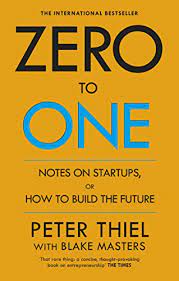
8. Anecdotes, Hobby, Listicle-type Book
Desired Result/Benefit: Excitement
Problem/Issue/Concern Addressed: Boredom
Spark interest and excitement with relatable anecdotes, hobbies, or quick-listicle type information. Perfect for personal branding.
Example: “Outliers: The Story of Success” by Malcolm Gladwell
Gladwell shares intriguing anecdotes and stories about what makes high-achievers different.
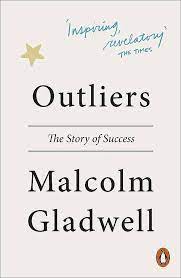
9. “Lessons” or “Insights” Book
Desired Result/Benefit: Fulfillment
Problem/Issue/Concern Addressed: Give Back to Society
Share life lessons or insights to help others navigate their paths, fulfilling your desire to give back to the community.
Example: “The 7 Habits of Highly Effective People: Powerful Lessons in Personal Change” by Stephen R. Covey.
Covey shares transformative lessons that have proven to be effective for individuals globally.
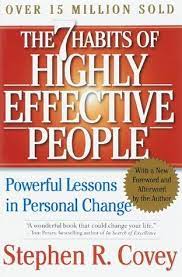
10. Legacy or “Hero’s Journey” Book
Desired Result/Benefit: Personal Satisfaction
Problem/Issue/Concern Addressed: Unfulfilled Dream / Adventure
Document your life journey or adventures, leaving behind a legacy and finding personal satisfaction in sharing your story.
Example: “Shoe Dog: A Memoir by the Creator of Nike” by Phil Knight.
Knight narrates his journey of creating and building Nike, a blend of his personal and professional life.
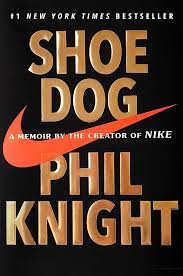
11. “Branding” or “Value” Book
Desired Result/Benefit: Start-up Growth & Attract Talent
Problem/Issue/Concern Addressed: Stunted or Delayed Growth
Perfect for startups. Cement your brand’s principles and values in a book, helping in business growth and attracting the right talent.
Example: “Start with Why: How Great Leaders Inspire Everyone to Take Action” by Simon Sinek.
Sinek discusses the power of ‘Why’ in branding, emphasizing its significance in attracting loyal customers and employees.
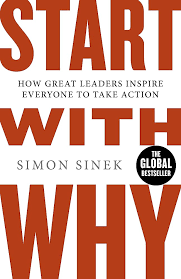
12. Investor Relations Book
Desired Result/Benefit: Raise Money
Problem/Issue/Concern Addressed: Lack of Funding
Targeting potential investors? Outline your business’s potential, strategies, and vision in a dedicated book to secure funding.
Example: “The Hard Thing About Hard Things: Building a Business When There Are No Easy Answers” by Ben Horowitz
Ben Horowitz, co-founder of the venture capital firm Andreessen Horowitz, narrates his journey of navigating the challenging world of startups. This book not only provides deep insights into the startup world but also played a role in establishing Horowitz’s reputation, making it easier for him to attract investors and partners.

Conclusion
In conclusion, the journey to your own authorship is not just about writing; it’s about writing the right book.
Reflect on your core desires, objectives, and the problems you wish to address. The correct book type will not only set you on the path to success but also bring immense satisfaction in having achieved your desired results.
If you’d like to solve ANY of the problems/challenges above AND desire the associated benefit or result by becoming an author yourself, I can help.
Choosing the right book type place an crucial role.

Just go to https://stardombooks.com/ss/ and take a quick, self-assessment (no cost, of course) and then let’s discuss this powerful business, leadership, and growth strategy in detail.
Book Writing Workshop
Well, now you can because USA publisher “Stardom Books” has just launched its “Bestseller Bootcamp.”
The world’s greatest book writing program for first-time aspiring authors, growth-oriented experts, and serious leaders.
This is advanced, high-level.
Bestseller Bootcamp is where the world’s top achievers create and publish their own bestsellers.
You can do it too from scratch even if you have never written before.
For More Details : www.stardompublishing.com
